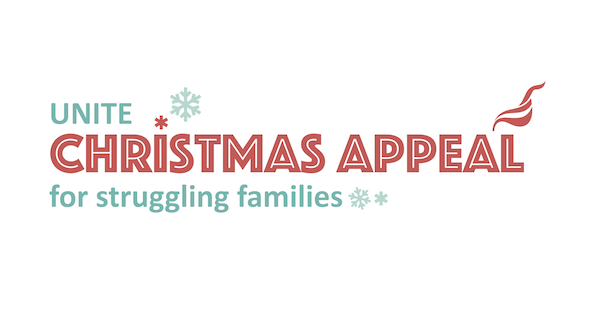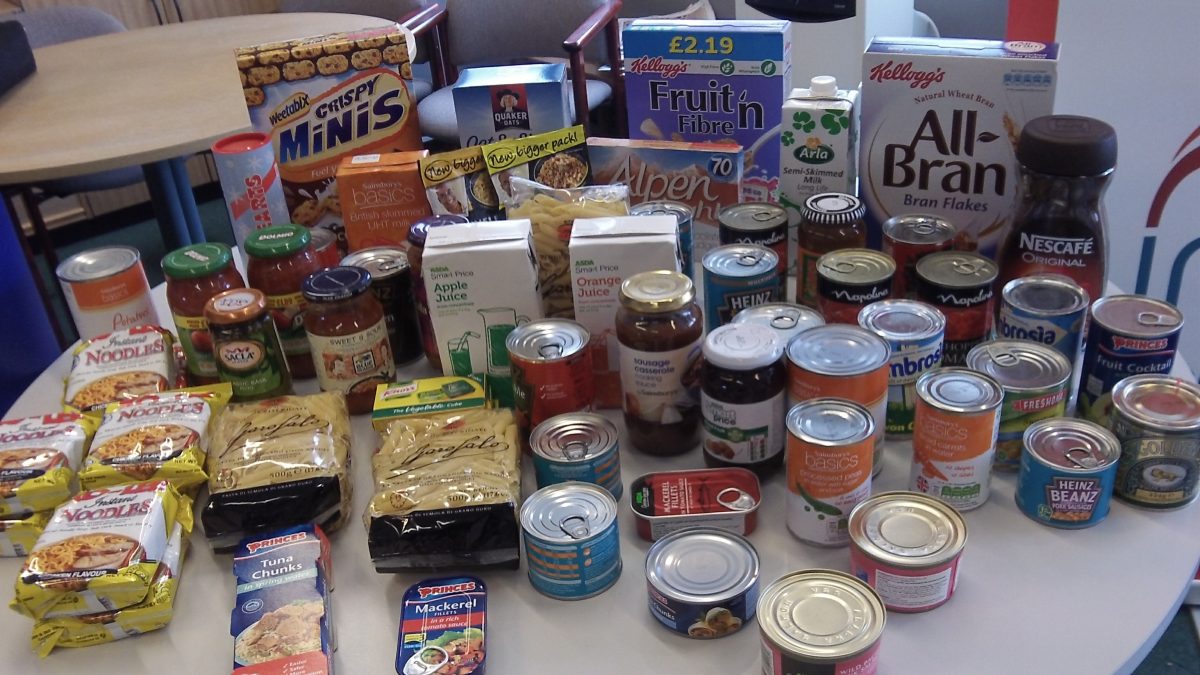WHAT A WASTE
Millions of people are relying on food bank charity because of welfare sanctions, low pay and rip off banks, water, energy and mobile phone companies charging the poor more money.
A new report, Feeding Britain, from the all-party parliamentary inquiry into hunger in the United Kingdom, has called for sweeping reforms to banish hunger from Britain.
The report comes hot on the heels of coalition plans set out in the autumn statement to reduce public spending to levels last seen in the 1930s. This prompted panicked attempts by the LibDems to try and distance themselves from autumn statement plans signed off by both Clegg and Alexander.
It also follows Tory anger on the BBC for suggesting further cuts could be like Orwell’s Road to Wigan Pier which set out the level of poverty in the 1930s.
Today’s report (December 8) strongly suggests that millions are on the road to destitution with many already having arrived.
Justin Welby, the Archbishop of Canterbury launching the report said that hunger “still stalks” Britain. This, he said was more shocking than the poverty in Africa.
The Archbishop carefully avoided attributing political blame for the situation. His aim was to set out how to resolve the problems although the report itself does make clear references to austerity and welfare cuts.
The report says that more than three and half million adults are too poor to feed themselves properly. And, “Well over half a million children live in families who cannot afford to feed them properly.”
Cost of living crisis
Maria Eagle MP, Labour shadow secretary of state for environment, food and rural affairs led fierce political reaction. “This report lays bare the extent of the cost of living crisis in David Cameron’s Britain,” she said.
“Low pay and rising prices have pushed hundreds and thousands into relying on food banks, and the bedroom tax and poor practice at the department of work and pensions have made things worse. The squeeze on living standards exposed in this report is the most important issue facing politics today.
“That’s why Labour is committed to freezing energy prices, taking action on water bills and raising the minimum wage, as well as abolishing the unfair bedroom tax. Our economic plan will ensure we earn our way to rising living standards for all, not just a few, and balance the books in a fair way.”
As previously reported on UNITElive, one in three households are only days away from having to rely on family, friends and welfare payments. Inquiry chair, Labour MP Frank Field said many people seem just “one bill away” from financial crisis.
He said, “There’s clear evidence that something disturbing is happening. People are near the abyss and the smallest event can tip them over that abyss.”
The report highlighted the role of benefit delays and punitive welfare sanctions in driving the rise in the use of food banks.
It states, “The problems and uncertainties arising from the delay, interruption or sanctioning of benefit payments were given by almost every food bank as the most common reason for relying on their services.”
The inquiry also said the annual average household income is ÂŁ757 lower than in 2010. And the poorest fifth were the worst hit, losing ÂŁ814 compared with four years ago.
Anger knows no bounds
The inquiry said its’ “anger knows no bounds” over the millions of tonnes of good food thrown away by food manufacturers and supermarkets while people are going hungry. It also denounced the rejection by the coalition of £22m of food bank money from Europe.
The inquiry steered clear of mentioning that this rejection is part of the Tory “denial” about the rising use of food banks in the UK. The Tories have even attacked charitable organisations like the Trussell Trust for raising the issue.
The report said the poor were also being hit worst by what the inquiry called, “rip off Britain”. It said, “The poor are penalised for their poverty with a raft of disproportionate charges for basic utilities.
“They pay more for their energy through prepayment meters, are more likely to be charged to withdraw cash from their local machine and often are unable to take advantage of the best mobile phone contracts – meaning they are likely to be one bill from needing to use a food bank.”
Feeding Britain outlines a plan of action to tackle the problems of hunger in the UK. It includes speeding up welfare payments, raising the minimum wage and tackling low pay, softening the welfare sanctions regime and highlighting the importance of school meals for kids from poorer families.
The report also calls for improvements in the food supply chain and supermarkets to be supervised by WRAP a new waste and resources action programme. The aim is to ensure that much more food currently thrown away is supplied to people in the UK who are hungry.
 Like
Like Follow
Follow


